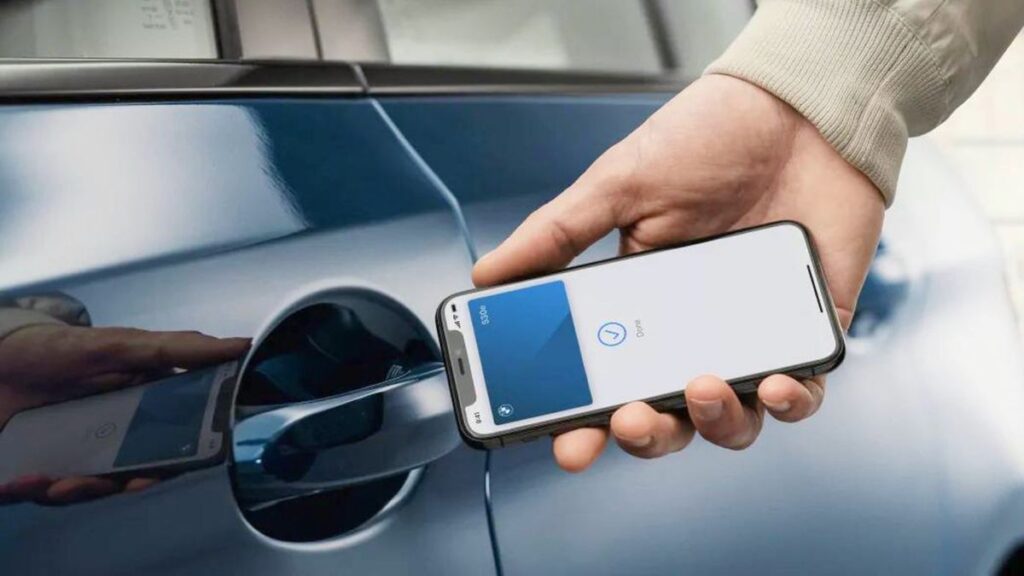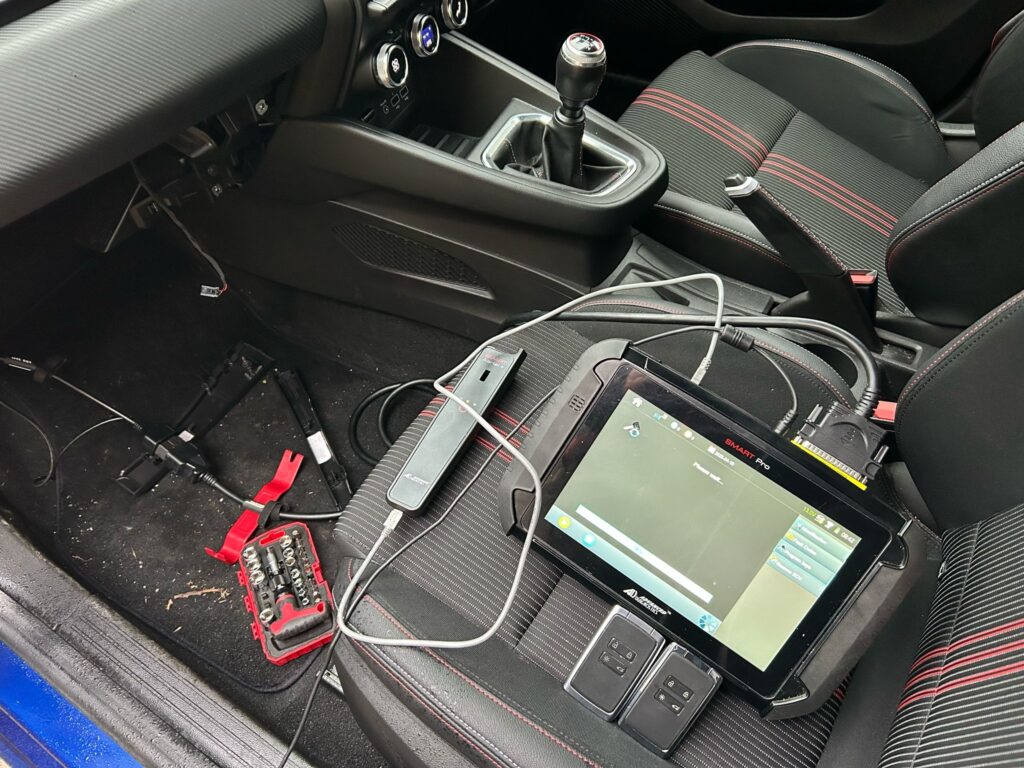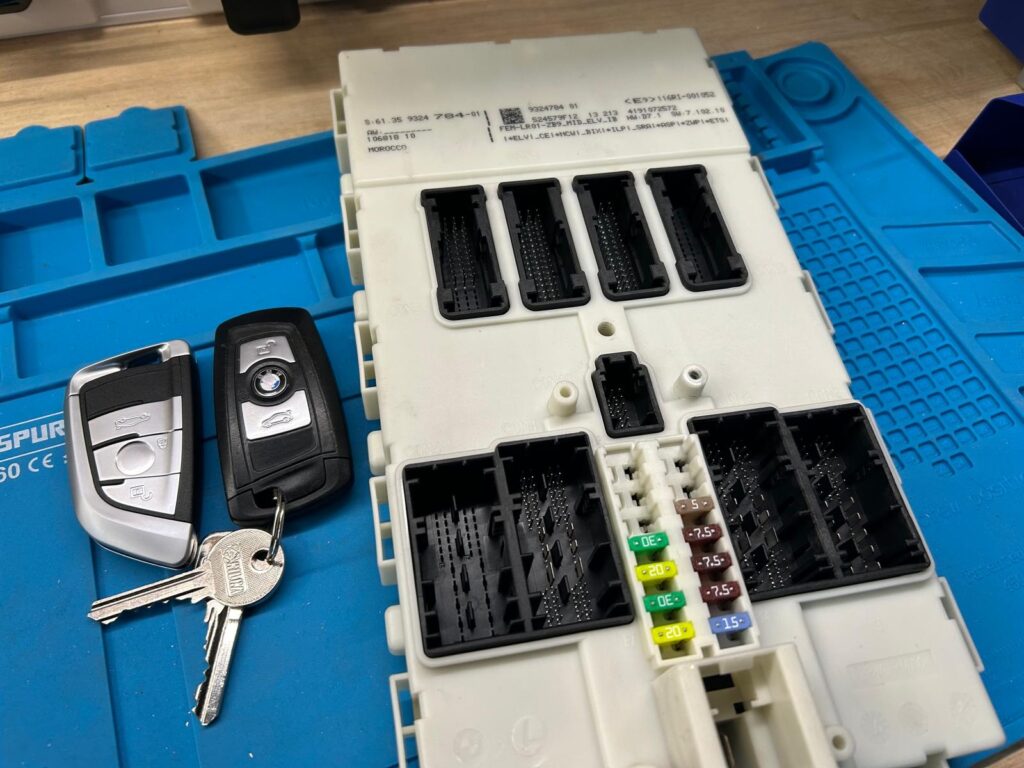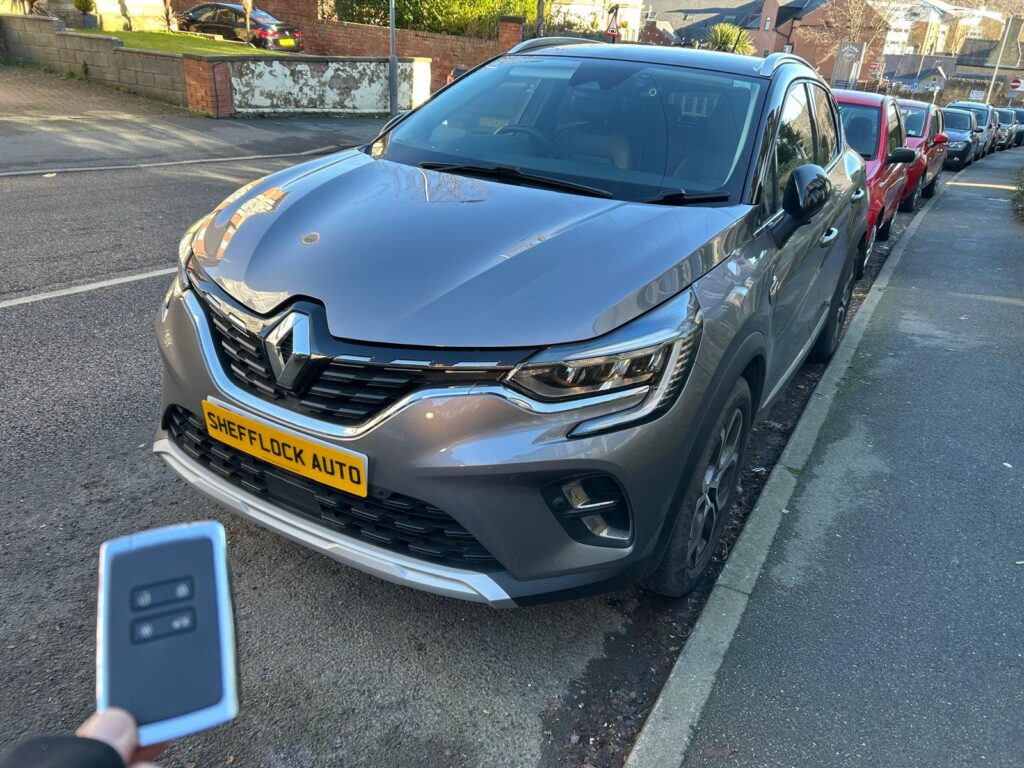Electric Vehicles (EVs) are rapidly transforming the automotive landscape. As governments push for greener transportation and consumers embrace cleaner, more tech-savvy vehicles, traditional internal combustion engine (ICE) cars are steadily being replaced by EVs. With this shift comes a parallel evolution in vehicle security and access systems—specifically, the technology behind car keys.
For auto locksmiths like SheffLOCK, this transition poses both challenges and opportunities. As EVs become more sophisticated, so do their key technology systems, demanding new knowledge, tools, and strategies from Auto Locksmiths. In this blog post, we explore the key technologies powering EV access, how they differ from traditional car keys, and what it all means for auto locksmiths like SheffLOCK who are looking to stay ahead of the curve.
Understanding EV Key Technology
EVs are, at their core, computers on wheels. Their key systems are no exception. Most EVs today use highly integrated electronic access systems that go well beyond the traditional metal key and even past the basic remote key fob.
1. Keyless Entry and Passive Keyless Systems (PKES)
Modern EVs often use Passive Keyless Entry Systems (PKES), which allow drivers to unlock and start the car without physically touching a key or pressing a button. These systems operate via low-frequency and ultra-high frequency (UHF) signals exchanged between the vehicle and a key fob.
The fob constantly emits a signal. When the driver approaches, the vehicle recognizes the fob’s signal and unlocks the doors. Once inside, the driver can start the car via a push-button ignition, thanks to the car’s confirmation of the fob’s proximity.
2. Smartphone-as-a-Key (SaaK)
Several EV manufacturers—most notably Tesla, Rivian, and Hyundai—have introduced smartphone-as-a-key systems. These use Bluetooth Low Energy (BLE), NFC, or even Ultra-Wideband (UWB) technology to allow drivers to use their phone as a secure digital key.
These systems come with encrypted digital keys stored in the phone’s secure enclave, authenticated via biometrics. Some systems even support digital key sharing, allowing the vehicle owner to send temporary access to friends or family.

3. Biometric and Cloud-Based Access
Advanced EVs are exploring biometric authentication—such as facial recognition or fingerprint scanning—as a replacement or supplement to traditional key fobs. Cloud-based access platforms also allow vehicle access via apps connected to the manufacturer’s server infrastructure.
This type of system enables advanced functionality, such as:
- Remote locking/unlocking
- Vehicle location tracking
- Remote start and climate control
- Integration with fleet management software
How EV Key Tech Differs from Traditional Vehicle Keys
| Feature | Traditional Keys | EV Keys |
|---|---|---|
| Physical Component | Mechanical or fob-based | Often app-based or digital |
| Technology | Transponder chip, basic RF | BLE, NFC, UWB, biometric, encrypted data |
| Access Control | Local signal, limited range | Cloud-controlled, secure, multi-device access |
| Security Level | Moderate | High (end-to-end encryption, multi-factor authentication) |
| Repair/Replacement | Physical cutting or programming | App access recovery, server re-registration, encrypted key reset |
The Impact on Auto Locksmiths
Auto locksmiths have long been skilled in cutting keys, programming transponders, and handling remote fobs. However, the move to fully digital and integrated systems presents new challenges and requires a retooling of traditional practices.

1. Increasing Need for Digital Skills
Auto Locksmiths must now be familiar with:
- Wireless communication protocols (BLE, UWB, NFC)
- Smartphone key apps
- Cloud-based vehicle access systems
- Secure key storage and encryption
This represents a major upskilling shift. Training programs must adapt, and locksmiths must commit to continuous learning to keep up.
2. Diagnostic and Programming Equipment Upgrades
The tools required to service EVs are vastly different. Locksmiths now need:
- OEM-specific diagnostic tools
- Secure programming interfaces
- Digital key management software
- Mobile devices with secure developer credentials
These tools can be costly but are essential for remaining competitive.
3. Limited Access to Manufacturer Systems
Many EV manufacturers are reluctant to provide third parties with the level of access needed to reprogram digital keys or integrate new key fobs. Tesla, for example, restricts access to its vehicles’ security systems, requiring a direct relationship with the manufacturer or access via an authorised service partner.
This limitation places independent locksmiths in a difficult position and may lead to a rise in OEM-dependent services—unless industry lobbying for the Right to Repair and open data access continues to make progress.
4. New Opportunities in EV Services
Despite the challenges, there are emerging opportunities for auto locksmiths willing to pivot and specialise:
- Digital key programming services for fleet vehicles
- Mobile app troubleshooting and user training
- Battery and access recovery in case of EV lockouts
- Aftermarket security installations for EVs lacking theft deterrents
- Cybersecurity assessments for EVs, especially in commercial fleets

Case Study: Tesla and the Locksmith Challenge
Tesla vehicles use a combination of smartphone keys, NFC key cards, and optional key fobs. However, most Tesla owners rely on the mobile app or card, both of which are tightly integrated into Tesla’s cloud services. In a lockout situation, there’s often no physical lock cylinder to manipulate—leaving traditional methods useless.
To regain access, locksmiths must:
- Guide the user through app recovery or password reset
- Interface with Tesla support (if authorised)
- Provide battery jump-starts in cases where the 12V battery is dead (preventing any electronic unlock)
Tesla vehicles have pushed the auto locksmith industry to its technical and procedural limits, but they also offer a preview of what’s to come industry-wide.

Conclusion
Electric Vehicle key technology is not just an upgrade—it’s a revolution. For auto locksmiths, this change is both a disruption and a massive opportunity. Those who embrace the digital shift, invest in modern tools and skills, and position themselves as EV specialists will thrive in the coming years.
The road ahead may be different, but it’s filled with potential for auto locksmiths who are ready to innovate.
Unlocking Your Worries: With SheffLOCK Auto Division Vehicle Locksmith Services
Share on Social: